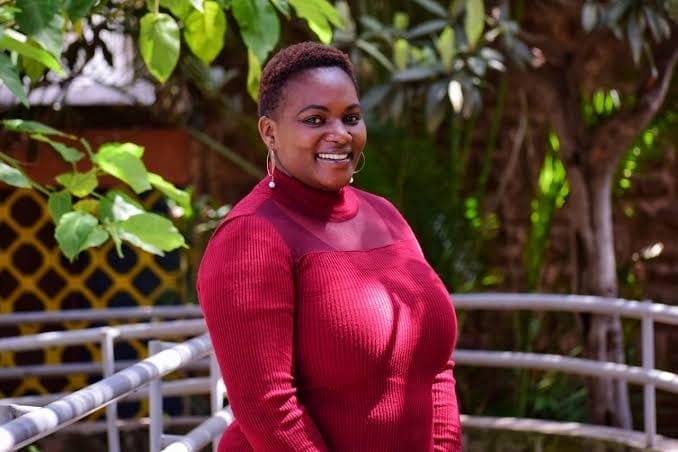In Kenya, where public health systems often overlook the needs of people living with disabilities, one woman is rewriting the script, one conversation, one mother, and one sign at a time. Judy Kihumba, a Kenyan Sign Language interpreter and mental health advocate, is pioneering inclusive maternal health for deaf mothers across the country.
Her work is rooted in a simple yet powerful belief: no mother should suffer in silence, especially not because society has failed to hear her.
ALSO READ: Chinonso Fidelis Egemba: The Instagram Doctor Leading a Healthcare Revolution with AwaDoc
From House Help to Interpreter
Judy’s journey began in Nyeri County under the weight of financial hardship. After secondary school, she took on domestic work, not as a dream, but as a necessity. Yet it was during this chapter that her life pivoted. Her exposure to the deaf community and sign language while studying at Rev. Muhoro Secondary School for the Deaf ignited a new purpose.
Determined to give voice to the unheard, she trained professionally at the University of Nairobi’s Sign Language Research Centre, and later pursued a Bachelor’s in Development Communication and Public Relations from St. Paul’s University. She deepened her work through a Diploma in Trauma Counseling from the Kenya Association of Professional Counsellors, integrating mental health into her growing mission.
Interpreter, Educator, Advocate
Over the years, Judy became a leading figure in Kenya’s sign language interpretation space. She served on a national committee educating citizens about Kenya’s 2010 Constitution, interpreting civic content for deaf communities across the country. Her presence became regular on TV screens as she interpreted news and public discourse for networks like KTN and Njata TV.
In spaces as diverse as churches, courtrooms, and political rallies, Judy has stood as the bridge between hearing society and deaf Kenyans. She has interpreted for the IEBC, Legal Resources Foundation, and even Parliament sessions, ensuring critical information reaches everyone, regardless of hearing ability.
When Advocacy Became Personal
In 2019, Judy gave birth to her daughter and soon after, experienced postpartum depression. As she searched for support, she noticed a deep and dangerous silence: no mental health resources existed for deaf mothers in similar situations.
This realization led to the founding of Talking Hands, Listening Eyes on Postpartum Depression (THLEP) in 2020, a grassroots initiative focused on the mental health and dignity of deaf mothers. The organization began with home visits and WhatsApp check-ins, and has since evolved into a community-centered program offering:
- Trauma counseling
- Nutrition and baby care support (food, diapers)
- Access to interpreters in hospitals
- Referrals to mental health professionals
- Health education in sign language
The goal is clear: create an ecosystem of care where deaf women feel seen, heard, and supported through motherhood.
ALSO READ: Adenike Ogunlesi: Dressing a Generation, Building an Empire
The COVID-19 Wake-Up Call
During the pandemic, deaf mothers became more vulnerable than ever. Most lost jobs, were cut off from medical support, and couldn’t communicate their needs to clinics or aid organizations. Judy and her team responded with urgency, distributing food, baby supplies, and protective gear, while advocating for sign language-inclusive public messaging.
She also worked with healthcare facilities to train providers on deaf-friendly communication and increased awareness among hearing families about their deaf loved ones’ mental health needs.
Recognition and Impact
Judy’s work has earned her national respect and global recognition. She serves as the Treasurer of the Kenya Sign Language Interpreters Association and sits on the Board of Management at Kiaraho Primary School.
In 2022, she was named among the BBC 100 Most Inspiring and Influential Women, placing her alongside global changemakers and affirming her leadership in both health and disability rights.
Shaping a More Inclusive Future
Judy Kihumba’s mission transcends language, it’s about access, dignity, and belonging. Through THLEP, she is building a future where deaf mothers are not left behind in moments of joy, crisis, or transition.
Her story is one of courage and compassion, of answering a personal pain with public purpose. And in every sign she teaches, every mother she counsels, and every silence she helps fill, Judy reminds us that language can heal and everyone deserves to be heard.

